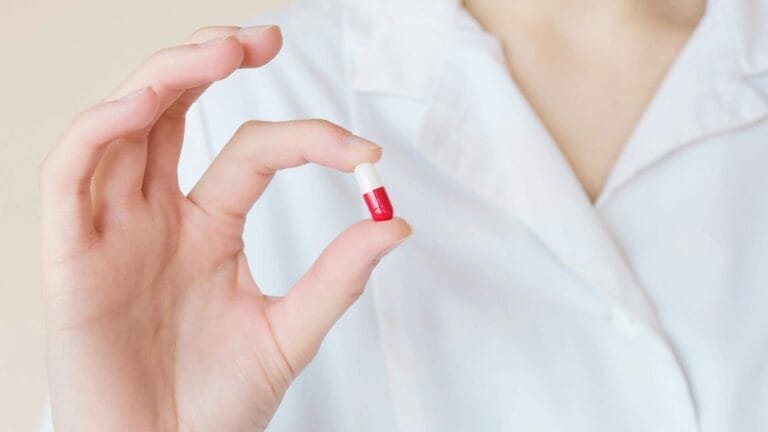hello@nationaltrafficlawyers.com.au
hello@nationaltrafficlawyers.com.au
Drug driving is considered an extremely serious traffic offence in New South Wales (NSW). It poses a significant risk to public safety and can result in severe penalties, including imprisonment and lengthy license disqualifications.
Drug driving refers to operating a motor vehicle while under the influence of illegal drugs or certain prescribed medications that can impair driving ability. In NSW, it is an offence under Section 112A of the Road Transport Act 2013 to drive with the presence of:
Even trace amounts of these drugs in your oral fluid, blood, or urine can lead to charges.
To secure a conviction for drug driving, the prosecution must prove beyond reasonable doubt that the accused person:
The prosecution typically relies on evidence from roadside drug tests, laboratory analysis of oral fluid or blood samples, and expert testimony to establish the presence of drugs.
Under the Road Transport Act 2013, police officers have broad powers to conduct random roadside drug testing if they have reasonable grounds to suspect drug impairment. These powers include:

Several other offences may be charged in conjunction with or as an alternative to drug driving, depending on the circumstances. These include:
In a recent case from 2023, a 32-year-old man was charged with drug driving after being pulled over for a random roadside drug test in Western Sydney. The saliva test detected the presence of methylamphetamine (ice), and subsequent laboratory analysis confirmed the positive result. The man, a first-time offender, pleaded guilty and was sentenced to a 12-month good behavior bond, a $1,100 fine, and a 6-month license disqualification.
Most drug driving cases are heard in the Local Court as summary offences. The typical process involves:
In more severe cases, such as those involving aggravated drug driving or causing death or grievous bodily harm, drug driving charges may be prosecuted as indictable offences in the District Court or Supreme Court. This process involves:
If convicted of drink driving in the Local Court, the sentencing options available to the magistrate include:
The magistrate will consider factors such as the driver’s PCA level, criminal history, and any mitigating or aggravating circumstances when determining the appropriate penalty.
According to the search results, the most common drugs detected in roadside drug driving tests in New South Wales and other Australian states are:
The roadside saliva/oral fluid tests used by police are designed to detect recent use of these three illicit drugs specifically. Some key points:
According to the search results, standard roadside drug driving tests in New South Wales and other Australian states are designed specifically to detect the presence of three illicit drugs:
The roadside saliva/oral fluid tests used by police cannot detect most prescription medications or over-the-counter drugs like cold/flu tablets. However, tHERE are a few key points regarding prescription drugs and drug driving tests:
So in summary, while the standard roadside drug tests are designed to detect illicit drugs only, the presence of impairing prescription medications can still potentially lead to charges if drivers are observed to be impaired and further blood/urine testing is conducted.
Please note that this information is general in nature and should not be considered legal advice. Every case is unique, and the specific circumstances and evidence will determine the outcome. If you are facing drug driving charges, it is strongly recommended that you seek legal representation from an experienced traffic lawyer who can advise you on the best course of action and defend your rights in court.